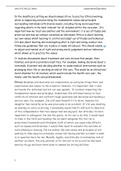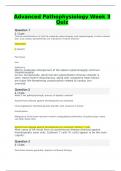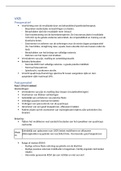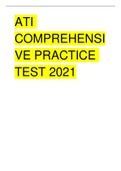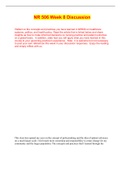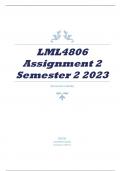Essay
Unit 5 Health and social care p3,m3,d2
- Course
- Institution
Ethical dilemmas and decisions are complicated, as everyone brings their own experiences and values to the situation. However, it’s important that it also surrounds the individual and not our own agenda. It involves respecting fundamental values and principles.
[Show more]
